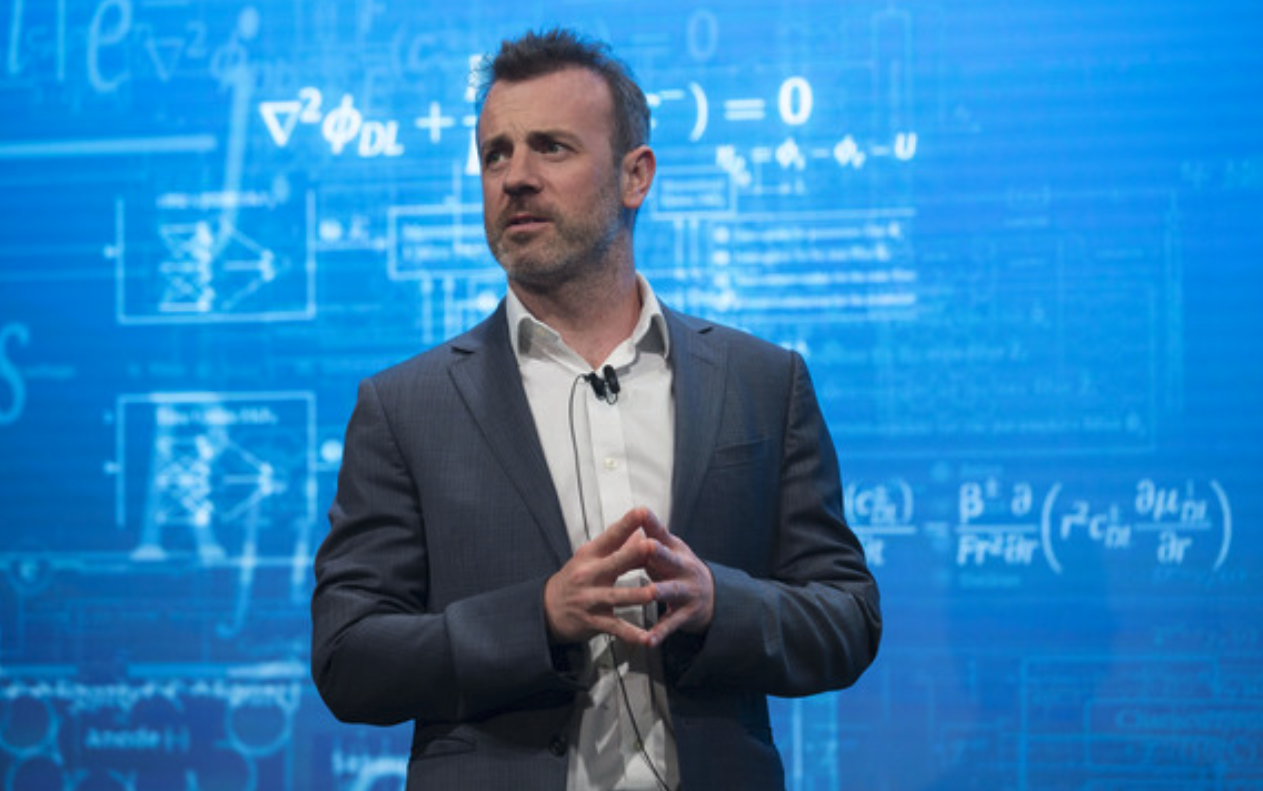Vanagon Ventures, a new Munich-based VC firm, has reached the first close of its first fund, at “around 20%” of its €30m target. The firm plans to back climate software solutions and has already made 10 investments.
Vanagon is run by three first-time fund managers: Axel Roitzsch, who previously cofounded a startup that matches companies with marketing agencies; Susanne Fromm, former CEO at blockchain startup coinIX; and Sandro Stark, who worked on blockchain projects at Allianz.
Its funding comes in large part from German family offices. Vanagon is aiming to raise the entire fund by November 2024. Vanagon will write cheques up to €500k into pre-seed and seed-stage companies, as well as some follow-on investments.
Vanagon’s launch is somewhat anachronistic: the second half of 2022 and the start of 2023 saw a flurry of new climate funds launch; a trend which has cooled significantly in the latter half of this year.
Funding climate software
Vanagon’s focus is on the software side of climate tech investing — not infrastructure and hardware bets.
“Hardware solutions will take more time to have an impact. In the end, software and hardware have an intersection, but we think that the hardware solutions have longer development times,” says Roitzsch.
“Software that interconnects with what is already there will have a faster impact in the next five to ten years, and then after that, comes the big hardware impact.”
Vanagon splits its thesis into three sections:
- Circularity solutions: software that can help companies reuse primary materials
- Finance and data solutions: software that can help companies on ESG reporting metrics, as well as new finance structures for backing renewable energy projects
- “Nature equity” solutions: software platforms aiming to make nature protection investable, such as carbon credit marketplaces
Bullish on the carbon credit market
Vanagon’s team is bullish on the potential of technology to reinstate trust in the voluntary carbon market (VCM) — where companies and individuals buy carbon credits to offset their emissions.
The market has been criticised for the quality of credits — which some say exaggerate the carbon actually sequestered from the atmosphere — and for counting credits more than once.
Those concerns grew this year after a number of investigations into the industry, including a Guardian report which claimed that 90% of rainforest credits on the world’s leading carbon credit registry didn't represent genuine carbon reductions.
“We invest in solutions that renew this market with technology,” says Fromm. “It needs to be completely rebuilt and renewed.” The firm has already invested in Renoster, an American startup that rates the quality of carbon credits.
Other Vanagon investments include the Land Banking Group, a Munich-based startup which is working on the digital tools to turn nature into an asset class — including technology that can remotely measure the carbon sequestered within a plot of land and its water storage capacity.



